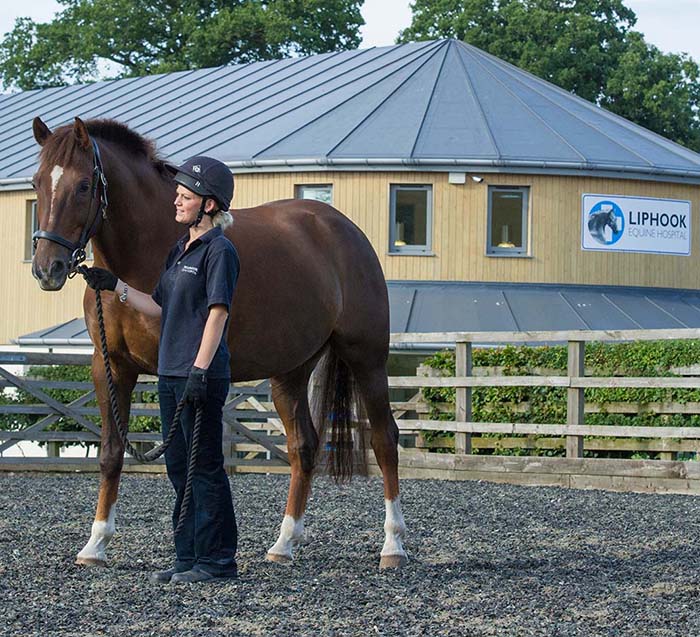If all results of diagnostic tests were clearly either positive or negative then our lives would be simpler! Unfortunately that is not the case and we are all used to seeing borderline values. This is probably an inevitable result of progress and the fact that we now tend to get presented with early-stage disease cases of all types, rather than end-stage disease which rarely presents diagnostic difficulties. Many diseases are not simply either “present” or “not present”, and may exist along a spectrum of development. With many lab tests we have to use judgement as to when a mild increase merits further action versus further monitoring. For example, if GGT is normally <50 iu/L, should we be concerned when it increases to 55, or 75, or 150………?
We are now offering further guidance alongside our seasonally adjusted ACTH values and you will now see a “grey-zone” on the lab forms alongside your result. For example, this week we suggest an ACTH cutoff value of 49 pg/mL with a grey zone from 20-73 pg/mL. This indicates that a PPID case is very unlikely (P<0.05) to have an ACTH <20 pg/mL, and a normal horse is very unlikely (P<0.05) to have an ACTH >73 pg/mL.
The ACTH result should be interpreted in the context of the degree of clinical suspicion and we will always help you with this where you have time to enter clinical history on the submission form. If a test is being run in quite a speculative fashion with no strong clinical suspicion of PPID then the result ought to be above 73 pg/mL (this week) to be reasonably convincing for PPID. On the other hand if you are pretty convinced clinically that a horse has PPID then you should remain suspicious even with values as low as 20 pg/mL, and perhaps advise TRH stimulation testing as the next step (NB. TRH stimulation tests are hard to interpret at this time of year, although a negative result makes PPID unlikely).





